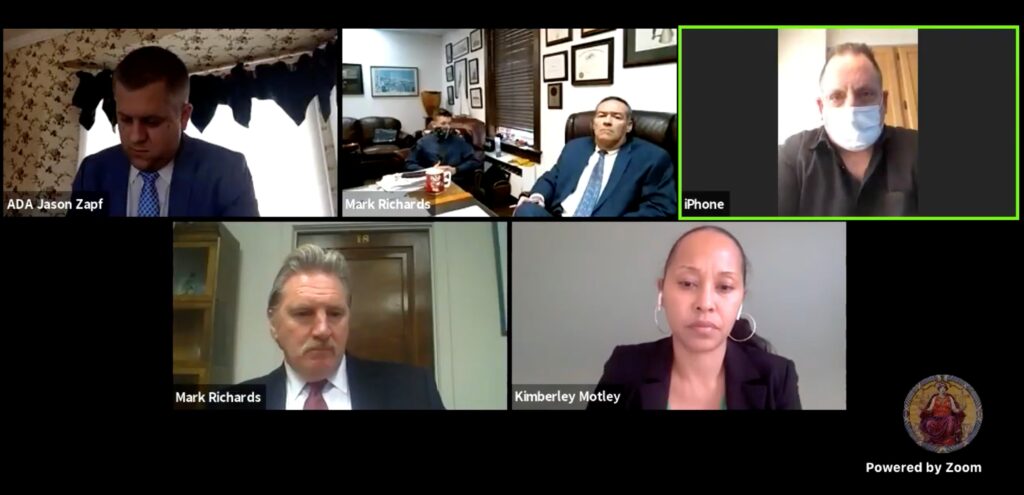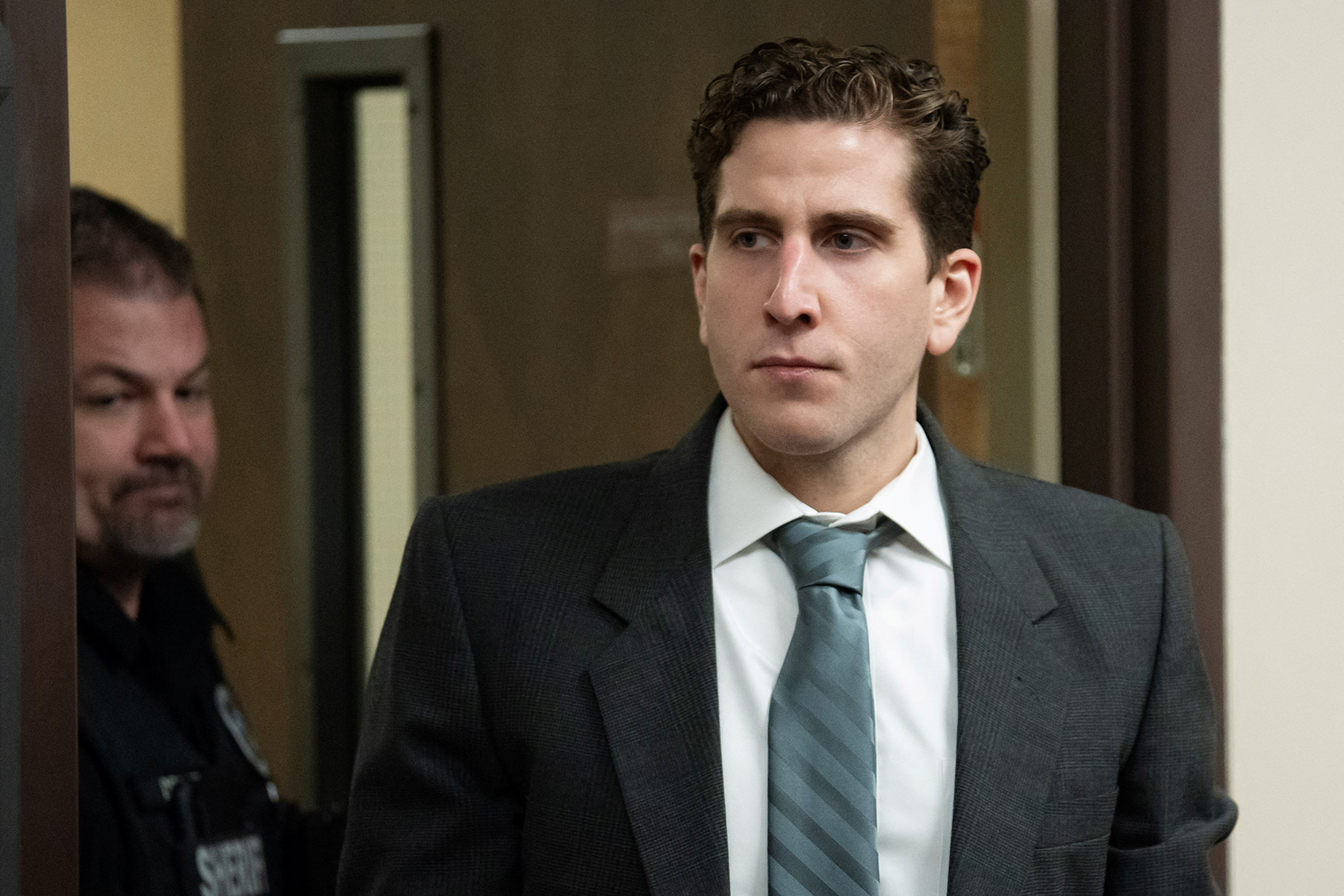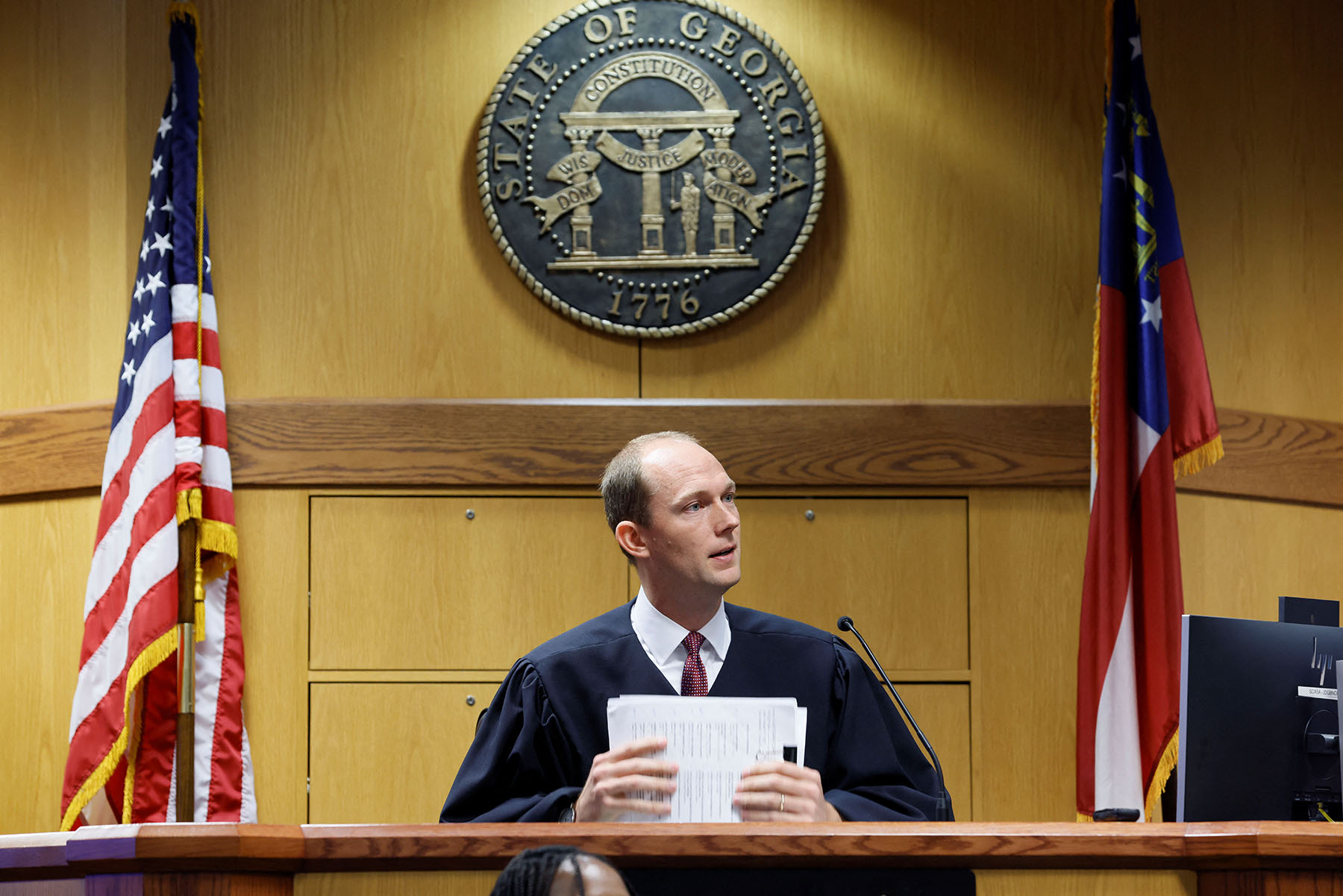On May 5th, the Massachusetts Supreme Judicial Court — the highest court in Massachusetts — ruled that a virtual suppression hearing conducted via Zoom violated neither the defendant’s Sixth Amendment rights nor the public’s First Amendment right to access court proceedings. Nevertheless, the court reversed the trial judge’s ruling that had rejected the defendant’s motion for a continuance.
The defendant, who initially filed a motion to suppress evidence in November of 2019, was charged with cocaine trafficking. The suppression hearing was delayed a total of three times — twice because motions to continue were granted and once due to the COVID-19 pandemic. After the evidentiary hearing was moved to Zoom due to the COVID-19 pandemic, the defendant waived his right to a speedy trial and filed a motion to continue until the suppression hearing could be conducted in-person.
The trial judge rejected the motion to continue, prompting the defendant to appeal to the Massachusetts Supreme Judicial Court. The defendant claimed a virtual suppression hearing would infringe upon his constitutional rights under the U.S. Constitution and Massachusetts Constitution, including the right to be present, as well as the rights to confrontation, a public trial, and assistance of counsel under the Sixth Amendment.
Associate Justice Elspeth Cypher delivered the opinion of the court, writing “[w]e conclude that a virtual hearing is not a per se violation of the defendant’s constitutional rights in the midst of the COVID-19 pandemic” while also adding that “[a]lthough we find no constitutional violation, we conclude that the judge abused her discretion in this particular instance in denying the defendant’s motion to continue his hearing where he waived his right to a speedy trial.”
In addressing the argument that the defendant’s right to confrontation would be infringed in a virtual setting, the court reasoned that “[a]lthough Zoom does not allow for physical, face-to-face confrontation, the technology creates a close approximation of the court room setting that can sufficiently safeguard the defendant’s right to confrontation.”
Regarding the defendant’s argument that his right to a public trial under the Sixth Amendment would be violated in a virtual context, the court found that “… a virtual hearing does not constitute a closure in the constitutional sense. Furthermore, even if a virtual hearing constituted a partial closure, it would be appropriate considering the substantial need to protect public health during the COVID-19 pandemic.” The court further added “[i]n fact, there is no limit on who or how many individuals may virtually or telephonically attend the hearing. In the case of a virtual hearing, only the forum has been adjusted, not the prospective audience. Accordingly, such a hearing does not amount to a constitutional closure.”
In this particular case, members of the public were able to access the audio of the court proceedings by dialing in to a public telephone number. Additionally, counsel could share a Zoom link to the court proceedings with family members or the public.
See our Teacher Guide on Access to Courts and Court Records
The Court recognized the novelty of the situation posed by this case, observing in a footnote that “[t]his is an issue of first impression in Massachusetts, and as of the writing of this opinion, few other jurisdictions have directly addressed whether a virtual evidentiary hearing violates a defendant’s constitutional rights during the pandemic.”
Despite finding that the trial court judge in this case erred in using her discretion to decline a motion to continue, the Court issued a warning, cautioning that “[w]e emphasize, however, that a defendant does not have an absolute right to continue his or her Zoom hearing until it may be held in person, even where a defendant waives his or her right to a speedy trial. While a defendant’s decision to waive his or her speedy trial right to wait for an in-person hearing does minimize the public health risk presented by the COVID-19 pandemic, delaying the defendant’s motion to suppress for what may be an indefinite period of time does not come without a cost. In other circumstances, it may well be within the judge’s discretion to deny a defendant’s motion to continue.”
In responding to the defendant’s claim that the public’s First Amendment right to access court proceedings would be violated in a virtual setting, the Court asserted in a footnote that “[t]he constitutional analysis under the First and Sixth Amendments is largely the same, and, accordingly, we conclude that the public’s First Amendment right is not violated.”
Associate Justice Scott Kafker authored a concurring opinion in which he explored the implications of the limitations presented by virtual hearings, writing “[t]he evolving empirical evidence indicates a virtual hearing may alter our evaluation of demeanor evidence, diminish the solemnity of the legal process, and affect our ability to use emotional intelligence, thereby subtly influencing our assessment of other participants. It is important that judges be sensitive to these issues when they proceed virtually, and that they be prepared, in cases such as this one, to allow continuances when a defendant is willing to remain in custody and waive his speedy trial rights in order to receive a safe in-person hearing within a reasonable time.”
In discussing the use of videoconferencing platforms to conduct court proceedings, Justice Kafker also highlighted the challenges posed by lack of internet access and the occurrence of technological complications, emphasizing that “[a] judge’s mistaken understanding that the hearing is public does not make it so when the barriers of technological or administrative failure significantly impair the practical ability of the public to attend a proceeding.”
Going forward, judges will almost certainly continue to face challenges posed by virtual court proceedings.
Tags




